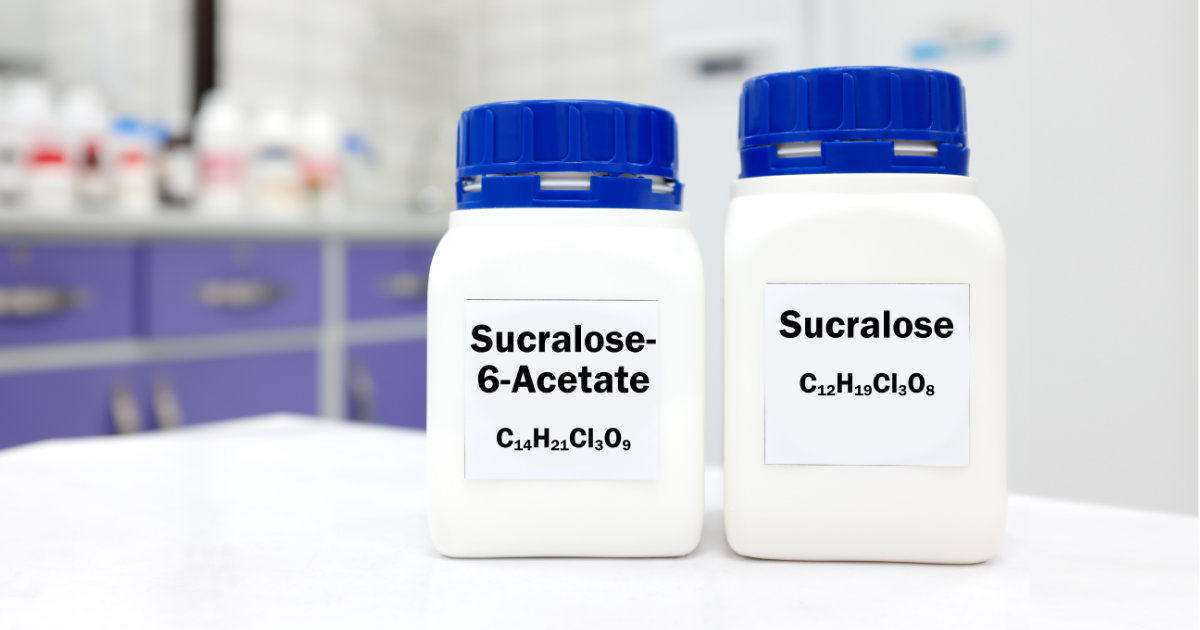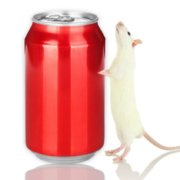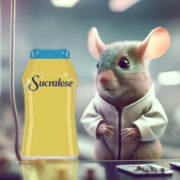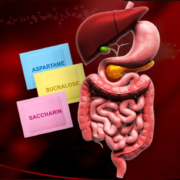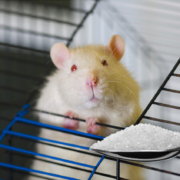The New Research Isn’t Really About Sucralose
Those of you who actually read the research paper mentioned in the last Memo didn’t have to go past the title to find out that it was not about sucralose—it was about a contaminant called sucralose-6-acetate that may be found in commercially available sucralose used in drinks and baking products. I said the tests were complicated; I’m going to give you the results of the eight tests in everyday terms as much as possible.
Test Results
Researchers were able to test only half of the questions on their list; in the other cases, they relied on prior research on sucralose, not sucralose-6-acetate. Here’s what they found:
- The first test assessed the potential for altering DNA; the results indicated that sucralose-6-acetate was genotoxic, but sucralose was not.
- The second test assessed the potential for DNA damage in specific types of cells called TK6 cells; the results for sucralose-6-acetate were that it was genotoxic. They didn’t test sucralose, but prior studies demonstrated that it doesn’t damage DNA in these cells.
- The third test also assessed the potential for causing damage to DNA. The results for sucralose-6-acetate were somewhat positive, while the results for sucralose were not.
- The fourth test assessed DNA mutations in bacteria; neither sucralose-6-acetate nor sucralose induced mutations.
- The fifth test assessed electrical resistance and permeability in the colon’s epithelial cells. Both sucralose and sucralose-6-acetate affected monolayers of colon cells grown in test tubes.
- The sixth test attempted to examine the same type of colon cells for damage to RNA sequencing. A total of 12,553 genes were analyzed. There were changes with sucralose-6-acetate but in no specific pattern. In other words, we don’t know what many of those genes do, so we don’t know whether this is impactful or not. As for sucralose versus the control group, only two genes out of over 12,000 seemed to have some sort of variation.
- The seventh test examined the stability of minute cellular structures called microsomes in liver cells from a variety of animals including humans. There seemed to be some impact of both chemicals on this single layer of cells.
- The eighth test looked at the inhibition of cytochrome P450 detox enzymes in human liver microsomes. Sucralose-6-acetate seems to impact two of the detoxification genes, while sucralose had no impact.
What Do the Results Mean in the Real World?
As I pondered that question, I ended up with dozens more questions. I’m not a bench chemist, so it’s difficult to know whether the tests used are the correct ones; I’m not sure that all the authors are familiar with the testing procedures either. They didn’t do the testing in their own laboratory; they hired laboratories to do it. From one perspective that excludes any bias the researchers may have had; on the other hand, they may or may not have the experience with specific testing methods to fully understand the results.
My major question is related to the chemicals used in the testing. They contracted with chemical companies to have sucralose made to a standard level of 0.5% sucralose-6-acetate. They also had sucralose-6-acetate made to a standard level of 0.3% purity. Neither of those are used commercially. The little yellow packets are primarily fillers such as dextrose and maltodextrin because the sucralose is so sweet, only a tiny amount is required.
Another question is about the potential genotoxicity. When the body makes a mistake in DNA, that mistake usually is addressed and the chemicals are recycled before any mutation becomes permanent. When you do bench studies, there is no such defense mechanism present. We have no idea how the body handles it.
As I said, I had many questions but these are the primary ones. If you’re interested to hear more, become an Insider; I covered this study in the call for this month. The Insider Conference Calls are available on-line for six months.
The Bottom Line
I think this study demonstrates that human trials are needed to confirm or refute some of the impact of sucralose-6-acetate on DNA and the microbiome performed in these bench studies. While there is evidence of DNA damage and impact on the microbiome, we don’t know if that causes any health issues. Further, they need to include scientists with expertise in nutrition as well as bioengineering.
As I said on Thursday, not everyone can use artificial sweeteners such as sucralose due to pre-existing genetic mutations and compromised microbiomes, but we have 35 years of experience with sucralose as a sweetener. To date, there have been no large-scale studies that have raised any question about its impact on the health of humans. When there is more to know, I’ll be sure to keep you informed.
What are you prepared to do today?

